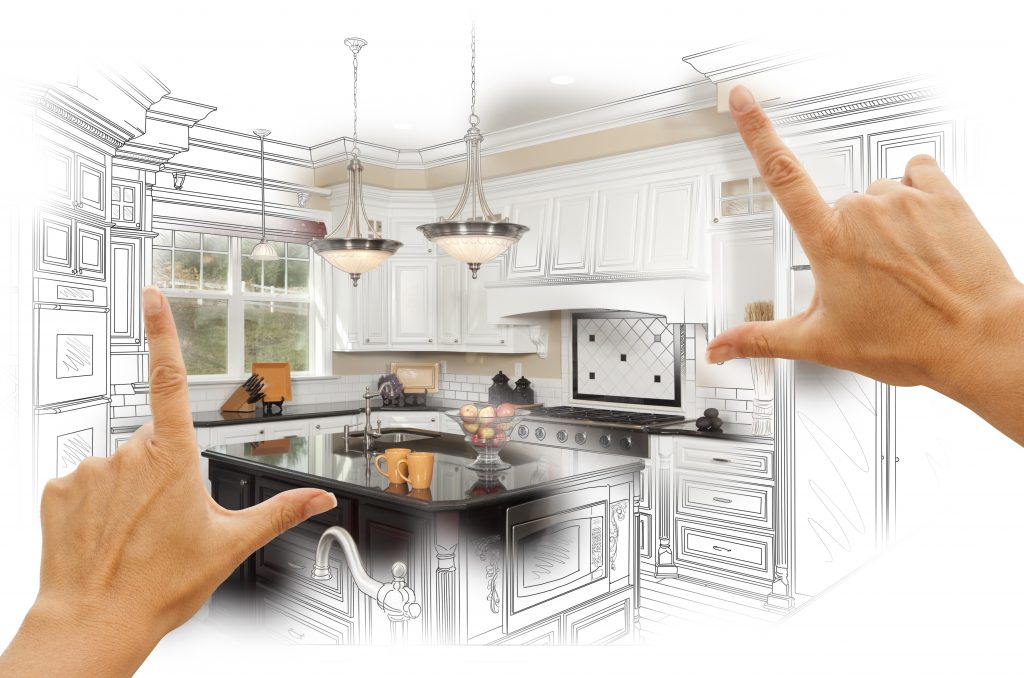As homeowners and property managers strive for energy efficiency, comfort, and cost-effectiveness, HVAC replacement has become an increasingly common solution. Whether your system is aging, underperforming, or simply outdated, replacing your heating, ventilation, and air conditioning (HVAC) unit can provide a range of benefits, from improved indoor air quality to lower utility bills.
The decision to invest in HVAC replacement is not one to be taken lightly. These systems are a significant financial investment and play a crucial role in maintaining the indoor environment. Many people wait until their system fails entirely before considering a replacement, but that can lead to discomfort during extreme weather and unexpected expenses. Recognizing the signs of a failing system can help you plan a proactive replacement.
Some of the clearest signs that it may be time for HVAC replacement include inconsistent temperatures throughout the home, increasing energy bills, strange noises, frequent repairs, and poor indoor air quality. If your system is more than 10-15 years old, even if it’s still functional, it may be operating inefficiently compared to modern units. Technological advancements mean newer systems often consume less energy and deliver better performance.
One of the biggest advantages of HVAC replacement is energy efficiency. Older systems tend to lose their efficiency over time, especially if they haven’t been properly maintained. New HVAC systems are designed to meet higher energy standards, often carrying ENERGY STAR certification. This not only helps reduce your environmental footprint but can also lead to substantial savings on monthly energy bills over the life of the unit.
Beyond energy savings, HVAC replacement can improve indoor comfort and air quality. New systems offer better humidity control, more consistent airflow, and improved filtration. For households with allergies, asthma, or other respiratory conditions, the enhanced air quality provided by a modern HVAC system can make a significant difference in day-to-day living.
Planning for HVAC replacement involves more than just selecting a new unit. It requires a careful assessment of your home’s specific needs. A professional HVAC contractor can perform a load calculation to determine the appropriate system size. Installing a unit that’s too large or too small can lead to inefficiency, excessive wear, and poor performance. Proper sizing ensures that the system operates at its peak performance level, giving you the best return on your investment.
Installation quality is also critical in HVAC replacement. Even the most advanced system won’t perform well if it’s poorly installed. Choosing a licensed, experienced contractor ensures that the ductwork, wiring, refrigerant levels, and controls are properly handled. Don’t be tempted to cut corners on installation costs—it can lead to long-term issues and negate the benefits of the new system.
Financing options are another consideration when planning for HVAC replacement. Many manufacturers and contractors offer payment plans, rebates, and incentives for energy-efficient systems. Depending on where you live, there may also be government programs that provide financial assistance for upgrading to high-efficiency HVAC systems. Exploring these options can make the investment more manageable and cost-effective.
Maintenance after HVAC replacement is crucial to protect your investment and ensure longevity. Scheduling regular inspections and filter changes helps keep the system running smoothly. Most manufacturers require documented maintenance to uphold warranties, so it’s wise to set up a maintenance plan with your contractor. Keeping the system clean and properly tuned also maximizes efficiency and minimizes the risk of breakdowns.
While HVAC replacement is a big decision, the long-term advantages often outweigh the initial cost. With greater energy efficiency, reduced environmental impact, better indoor air quality, and increased home value, upgrading your HVAC system is one of the most impactful improvements you can make to your property. Plus, newer systems often integrate with smart home technologies, offering programmable thermostats and remote control features that enhance convenience and further improve efficiency.
In conclusion, HVAC replacement is an investment in comfort, health, and energy savings. Whether you’re dealing with an outdated unit, rising repair costs, or simply looking to improve your home’s energy performance, upgrading your HVAC system can deliver noticeable benefits. The key is to work with trusted professionals, choose a system that meets your home’s specific needs, and prioritize proper installation and ongoing maintenance. With the right approach, your new HVAC system will serve you reliably for many years to come.

